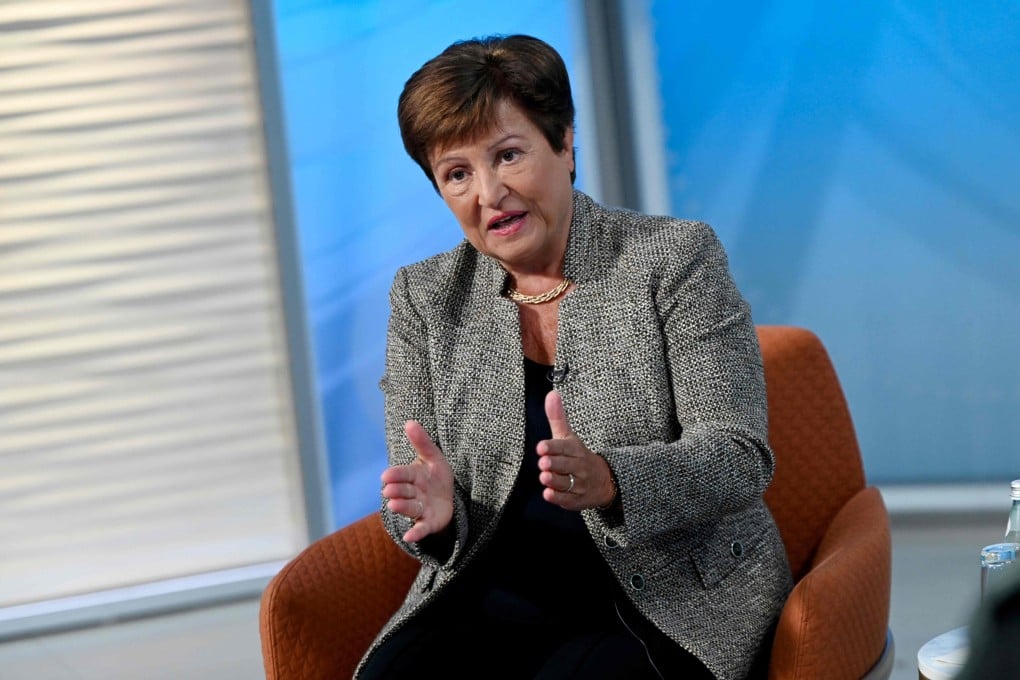AI to affect 60 per cent of advanced economy jobs: IMF’s Kristalina Georgieva
- Citing an International Monetary Fund report published on Sunday on the topic, the IMF managing director said: ‘Your job may disappear altogether’
- The IMF report said older workers are likely to be more vulnerable to the change brought about by AI

The IMF report notes that half of the jobs impacted by AI will be negatively affected, while the rest may actually benefit from enhanced productivity gains due to AI.
“Your job may disappear altogether – not good – or artificial intelligence may enhance your job, so you actually will be more productive and your income level may go up,” Georgieva told Agence France-Presse.
While AI will initially have a lower impact on emerging markets and developing economies, they are also less likely to benefit from the advantages of the novel technology, according to the IMF.
“This could exacerbate the digital divide and cross-country income disparity,” the report continued, adding that older workers are likely to be more vulnerable to the change brought about by AI.